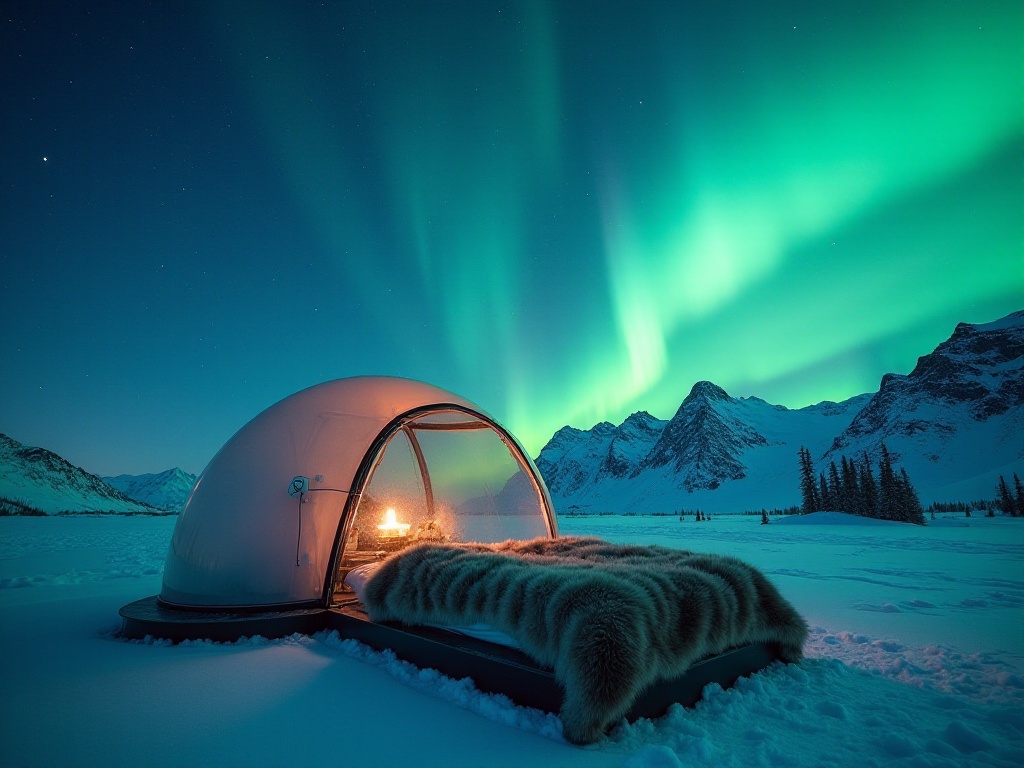
Opening Chat
As a post-90s travel blogger who has been around the world, I've experienced countless interesting accommodations. From artistic hostels hidden in Chiang Mai's old town alleys to luxury overwater villas in the Maldives; from tent lodges at 4000m altitude in Tibet to presidential suites at the top of Dubai's Burj Al Arab. Along this journey, I've probably stayed in more places than many people have moved homes.
To be honest, when I first started traveling around the world, I was like most people, thinking expensive meant better, and accommodation was just a place to rest. Until I encountered some special stays, I realized that accommodation itself is an essential part of travel, and it can even become the most memorable part of the entire journey.
Hotel Myths
Speaking of hotels, I must share my personal experiences with different chain hotels. Last year in Singapore, I deliberately experienced three different levels of chain hotels. First, I stayed two nights at JW Marriott, then InterContinental's Crowne Plaza, and finally a local boutique hotel. Frankly, large chain hotels do have their advantages: standardized service procedures, predictable room quality, comprehensive membership systems, etc. However, the problem is, after staying in too many chain hotels, you'll find they're too similar.
The Hilton in Tokyo's Ginza and the Hilton in Seoul's Myeongdong are almost identical except for the language on the signage. The room layout, bathroom configuration, breakfast varieties, even the magazines in the rooms are almost the same. While this high standardization ensures basic quality, it makes the staying experience rather bland.
My accommodation experience in Kyoto particularly illustrates this point. It was a boutique inn converted from a Meiji-era house. Although the room was only 25 square meters, every detail was full of surprises. The bathroom had a traditional Japanese bathtub, breakfast was traditional Kyoto cuisine made by the owner, and even the tea sets in the room were antiques specially collected by the host. Most touching was how the hostess prepared different wagashi (Japanese sweets) for guests every evening, carefully explaining the story behind each sweet.
Alternative Choices
Speaking of B&Bs, I have so many unforgettable memories. Last year in Tuscany, I stayed in a 14th-century castle B&B. This castle has been passed down for seven generations, and the current owner is an Italian man who loves food. Every morning, he would drive his vintage car to take guests to nearby farmers' markets for ingredients, then return to make everyone an authentic Tuscan breakfast.
In the evening, the castle's terrace would transform into a small culinary classroom. The host would teach everyone how to make traditional pasta and tiramisu while discussing Tuscan food culture and history. Most amazingly, the castle's basement housed a century-old wine cellar storing Chianti wines from various vintages.
The B&B experience in Provence was even more memorable. The French elderly couple not only maintained the B&B like a fairy tale world but also took guests picnicking in lavender fields and taught everyone how to make Provençal herb bread. The old gentleman was also an amateur astronomer who would bring out his telescope on clear nights for stargazing sessions.

Money-Saving Tips
As a frequent long-term traveler, I particularly understand the importance of budget in travel. Honestly, accommodation is often the biggest expense in travel, but saving money isn't difficult if you use the right methods.
Take my experience in Seoul as an example. That apartment in Hongdae cost only 4,000 yuan per month, but the facilities were quite good. It had an independent kitchen and washing machine, and though not huge, 50 square meters was plenty for one person. Most importantly, the location was great, just 5 minutes' walk to the subway station, with 24-hour convenience stores and various small restaurants downstairs.
I've developed some techniques for booking such long-term apartments. First, choose listings with many reviews for better security. Second, carefully read house rules, especially regarding additional charges like utilities and internet fees. Finally, communicate more with the landlord, as many are willing to offer discounts for long-term stays.
Another good money-saving method is choosing newly opened accommodations. In Chiang Mai, I stayed at a newly opened boutique hostel that offered very low prices to accumulate reviews, but had brand new hardware facilities and very attentive service.
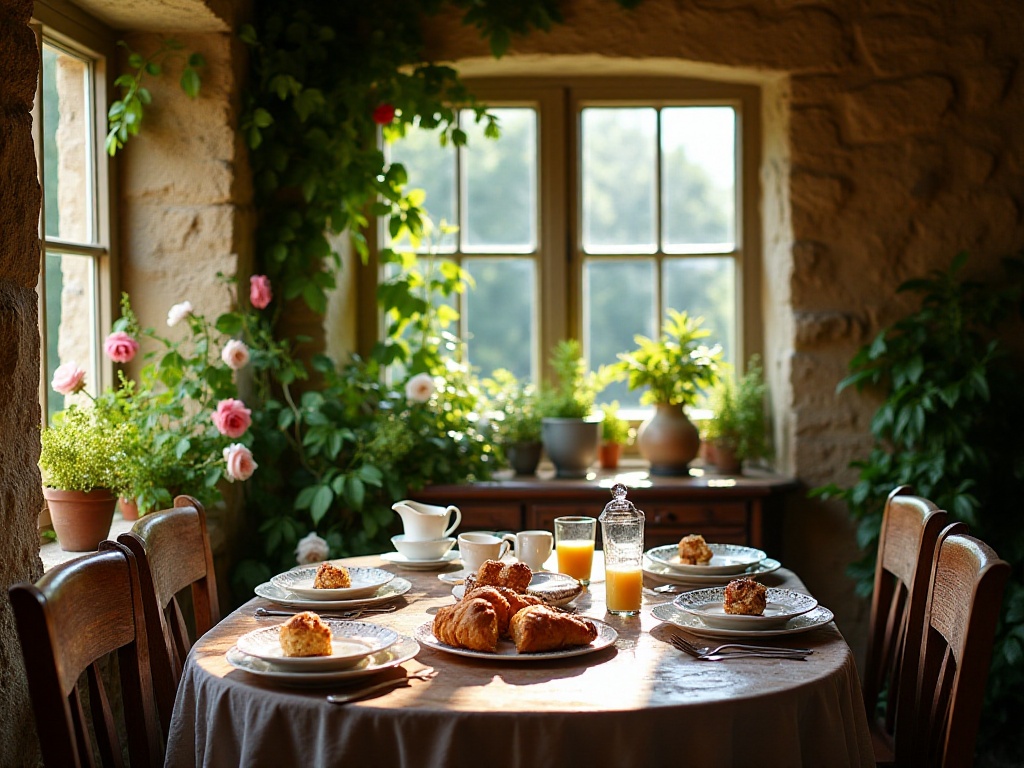
Campus New Choice
Speaking of university dormitories, this might be my biggest discovery in recent years. Not just Cambridge, many world-renowned universities open their dormitories to the public during holidays. I've stayed in student dormitories at Oxford, Edinburgh, and St Andrews, and each time was a very special experience.
The experience at Cambridge was particularly interesting. I stayed in a student apartment at King's College, and while the room was simple, it retained a strong British collegiate atmosphere. The best part was that the accommodation included breakfast privileges in the Great Hall. Every morning, walking through the ancient courtyard, pushing open that heavy wooden door, entering the candlelit Great Hall, I felt like I had become a student in Harry Potter.
However, there are some considerations when staying in university dormitories. First, you need to book well in advance as the number of rooms available during holidays is limited. Second, pay attention to the accommodation periods, as many schools only open during specific holidays. Finally, be prepared for relatively simple facilities, as these are originally meant for students.
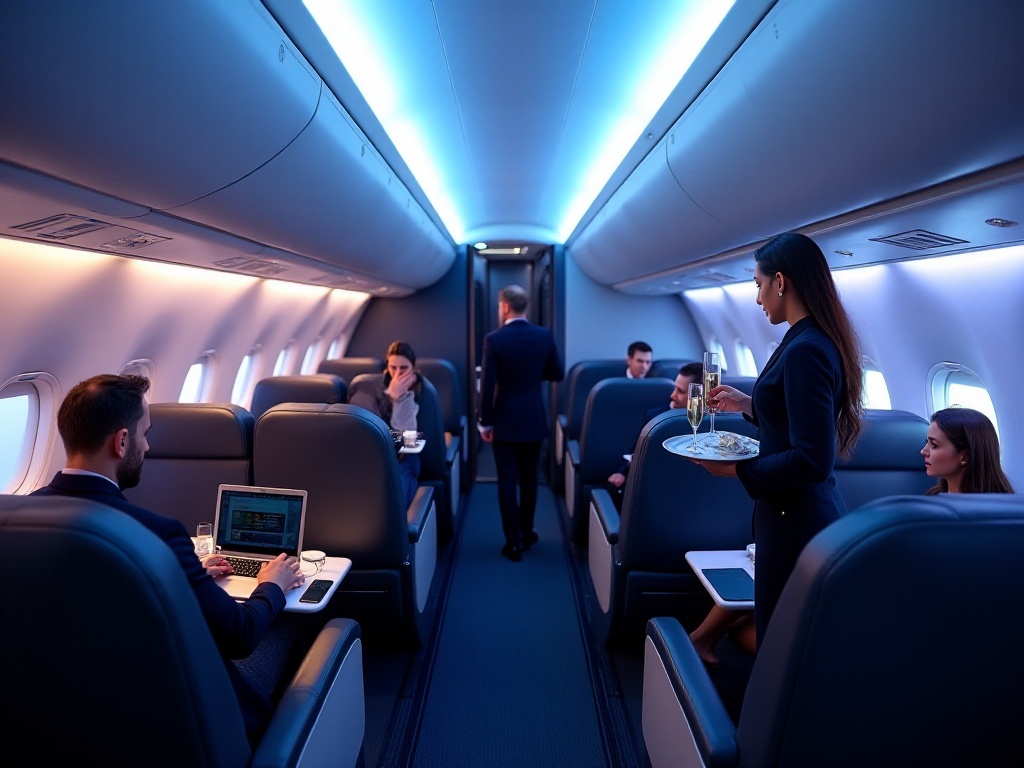
Transportation Connections
In my view, the choice of accommodation location directly affects the entire travel experience. Taking Tokyo as an example, many people want to stay in bustling areas like Shinjuku or Ginza, but these actually aren't the best choices.
I prefer staying at small stations along the Yamanote Line, such as Meguro, Komagome, or Nishi-Nippori. While these areas aren't traditionally considered "downtown," they offer equally convenient transportation and let you experience the most authentic Tokyo life. Morning jogs in local parks, evening chats with office workers at izakayas, weekend treasure hunting at nearby flea markets - these are the real Tokyo experiences.
The same principle applies in Paris. Rather than staying near the crowded Champs-Élysées, it's better to choose areas along Metro Line 4. I particularly like the Montparnasse area, which, though not a traditional tourist area, has the most authentic French bakeries, the most flavorful neighborhood markets, and convenient access to everywhere.
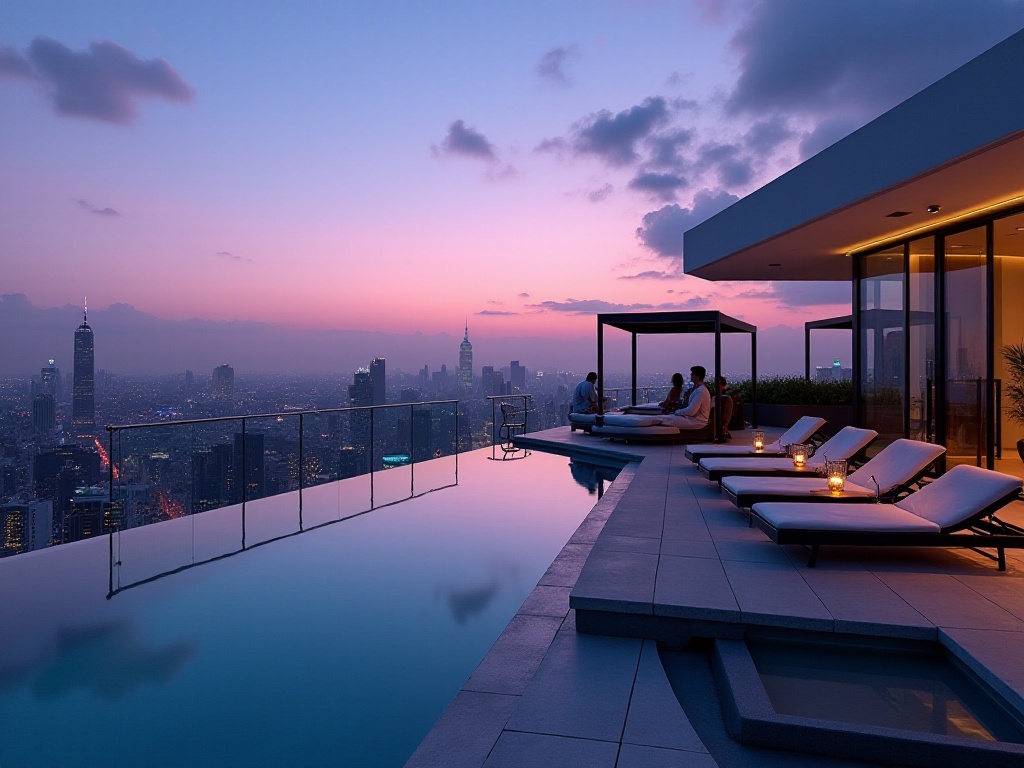
Personalized Customization
When it comes to special accommodation experiences, there's really no end to the stories. Besides luxury tents in the Sahara Desert, I've experienced many other memorable custom stays.
In Iceland, I stayed in an all-glass aurora cabin where you could see the entire starry sky and northern lights while lying in bed. In Tanzania, I stayed in a treehouse lodge where you could hear lions roaring in the distance at night. In Peru, I stayed in a transparent capsule room suspended on a cliff, accessible only by cable car.
While these special accommodations aren't cheap, the experiences they provide are priceless. For instance, during my stay in the Sahara Desert, it wasn't just accommodation but a deep cultural experience. The camp invited local Berbers to perform traditional music and teach us their traditional tea-making methods. During the evening bonfire gatherings, we could listen to elders tell Saharan legends.
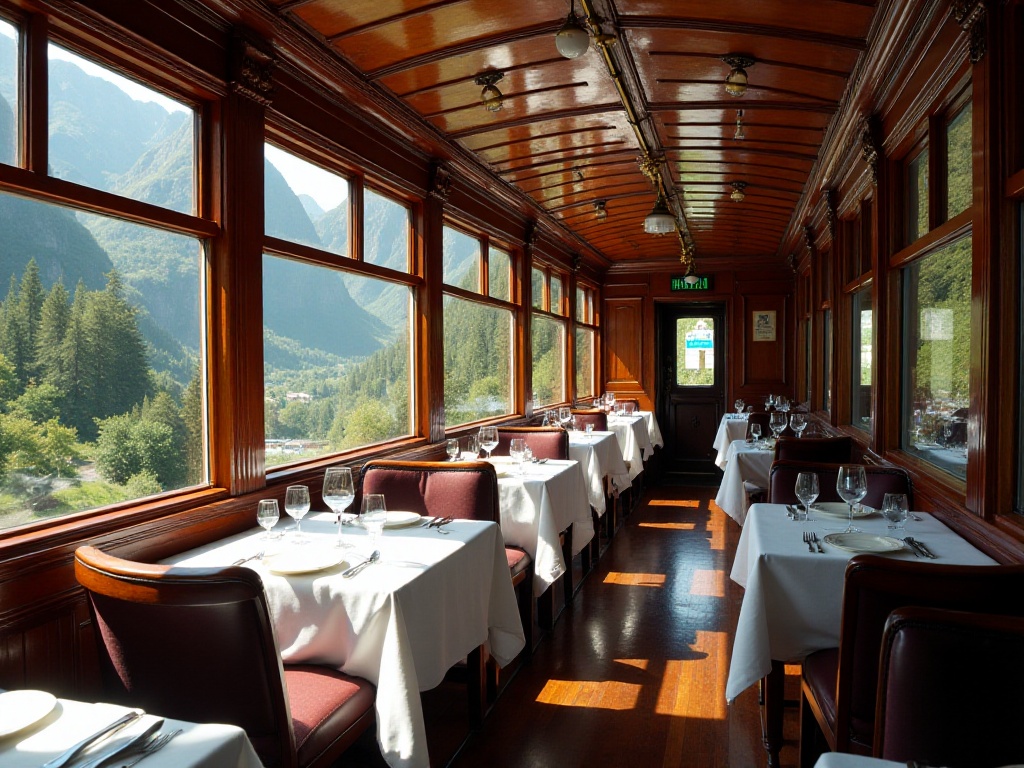
Practical Advice
After years of travel, I've summarized some practical accommodation tips. First is about choosing booking times. Many people might not know that hotel prices actually fluctuate, and choosing the right time to book can save a lot of money. Generally, booking 45-60 days in advance is most economical, when rooms are still plenty and prices relatively reasonable.
Second is about referring to reviews. I suggest paying special attention to review dates, as service quality often changes over time. While negative reviews are important, it's necessary to analyze their specific reasons. Some negative reviews might just be due to personal preferences rather than actual service issues.
For guest houses, communication with the host is particularly important. I usually ask in advance about specific check-in and check-out procedures, room location and surrounding facilities, and whether basic amenities are provided. For long-term stays, I also clarify utility fee calculations and whether additional cleaning fees are required.
Regarding price negotiation, it's not just long-term stays that are negotiable. During off-season or when booking multiple rooms, you can try negotiating prices with accommodation providers. But remember to negotiate tactfully, not too aggressively.
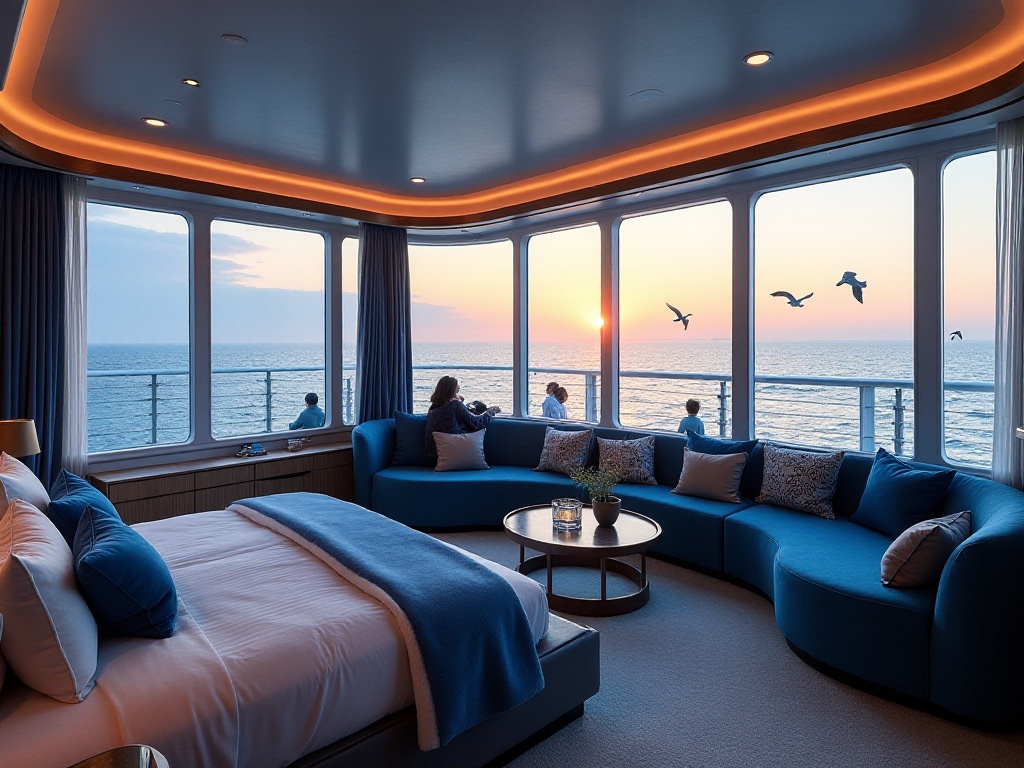
Concluding Thoughts
Looking back on these years of accommodation experiences, I increasingly feel that choosing accommodation is like choosing a lifestyle. Sometimes, a special accommodation experience can make the entire journey unique. It might be a warm family inn that makes you feel at home in a foreign land, a special treehouse that helps you reconnect with nature, or a century-old house that lets you travel through time to experience history.
So when choosing accommodation, don't limit yourself to traditional options. Try different types of stays, and you might discover unexpected surprises. After all, isn't the meaning of travel about experiencing different lives?
Everyone's way of traveling is unique, and choosing accommodation completely depends on personal preferences and needs. Some prefer luxury hotels, others favor characteristic guest houses, some pursue economy, while others enjoy uniqueness. There's no right or wrong in these choices; what's important is finding the option that suits you best.
Do you have any particularly memorable accommodation experiences? Or any unique preferences for accommodation? Welcome to share your stories in the comments section.
Next
Budget-Friendly Hostels in Southeast Asia: A Solo Traveler's Guide
Ah, Southeast Asia! The land of vibrant street markets, ancient temples, and pristine beaches. But for the solo traveler, it's so much more – it's a playground of self-discovery, cultural immersion, and unforgettable connections. And at the heart of this solo adventure? Hostels, my friends. These budget-friendly havens are the unsung heroes of the backpacker trail, offering not just a place to rest your head, but a launchpad for epic journeys.
From Hostels to Luxury Hotels: A Backpacker's Global Accommodation Guide
A comprehensive guide to accommodation options, covering traditional hotels, boutique hotels, B&Bs, self-catering units, as well as specialty lodging like mountain cabins, resorts, and alternative options including home exchange and work exchange programs
The Great Escape: Hotels Bask in Summer's Radiant Glow
In a world once silenced by the echoes of empty lobbies and vacant rooms, a new symphony of rolling luggage and excited chatter is rising. The hotel industry, long battered by the storm of a global pandemic, is finally seeing the sun peek through the clouds. As we stand on the precipice of a travel renaissance, local hotels are witnessing a surge in occupancy rates that's nothing short of miraculous.
Next
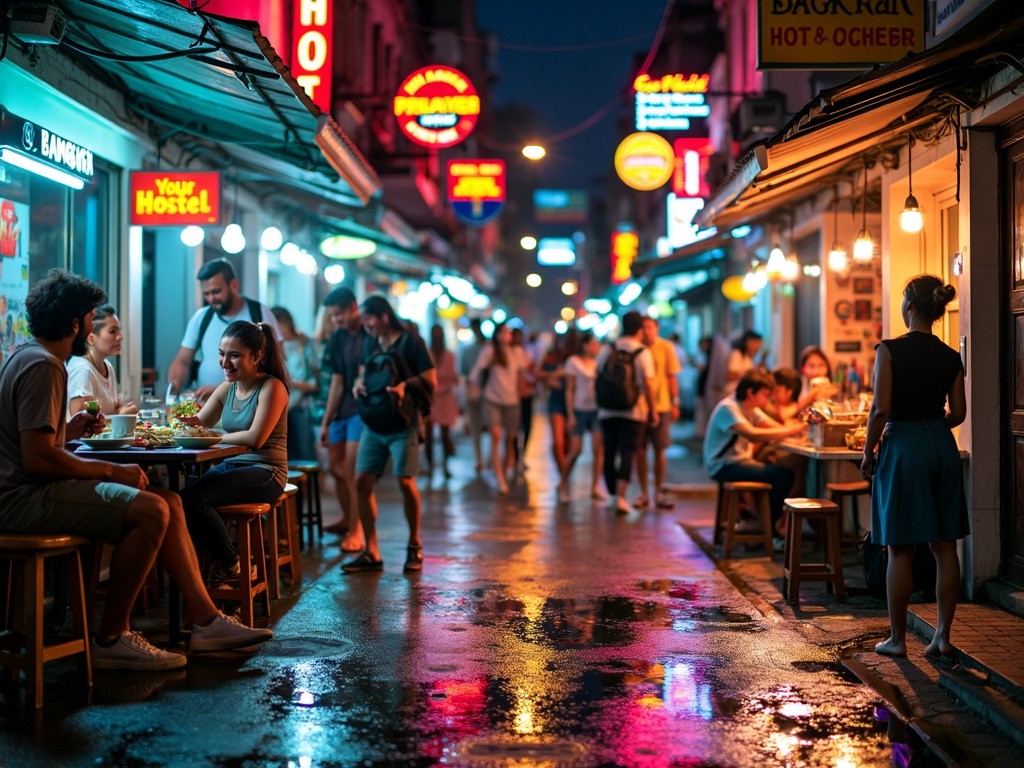
Budget-Friendly Hostels in Southeast Asia: A Solo Traveler's Guide
Ah, Southeast Asia! The land of vibrant street markets, ancient temples, and pristine beaches. But for the solo traveler, it's so much more – it's a playground of self-discovery, cultural immersion, and unforgettable connections. And at the heart of this solo adventure? Hostels, my friends. These budget-friendly havens are the unsung heroes of the backpacker trail, offering not just a place to rest your head, but a launchpad for epic journeys.
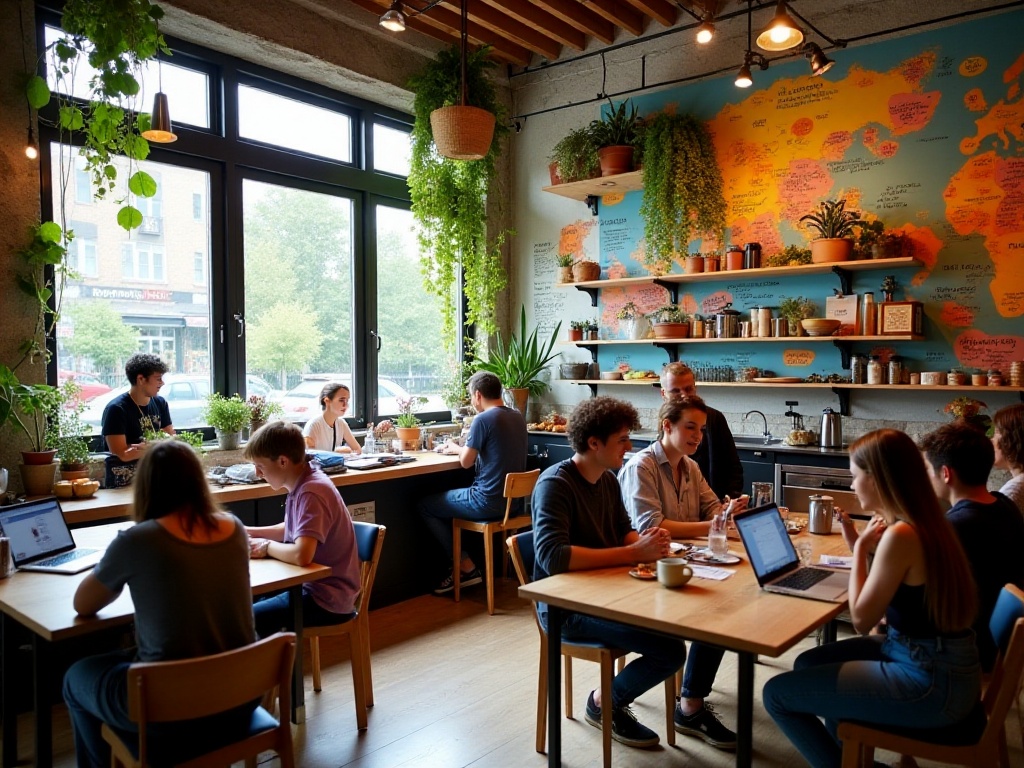
From Hostels to Luxury Hotels: A Backpacker's Global Accommodation Guide
A comprehensive guide to accommodation options, covering traditional hotels, boutique hotels, B&Bs, self-catering units, as well as specialty lodging like mountain cabins, resorts, and alternative options including home exchange and work exchange programs

The Great Escape: Hotels Bask in Summer's Radiant Glow
In a world once silenced by the echoes of empty lobbies and vacant rooms, a new symphony of rolling luggage and excited chatter is rising. The hotel industry, long battered by the storm of a global pandemic, is finally seeing the sun peek through the clouds. As we stand on the precipice of a travel renaissance, local hotels are witnessing a surge in occupancy rates that's nothing short of miraculous.


